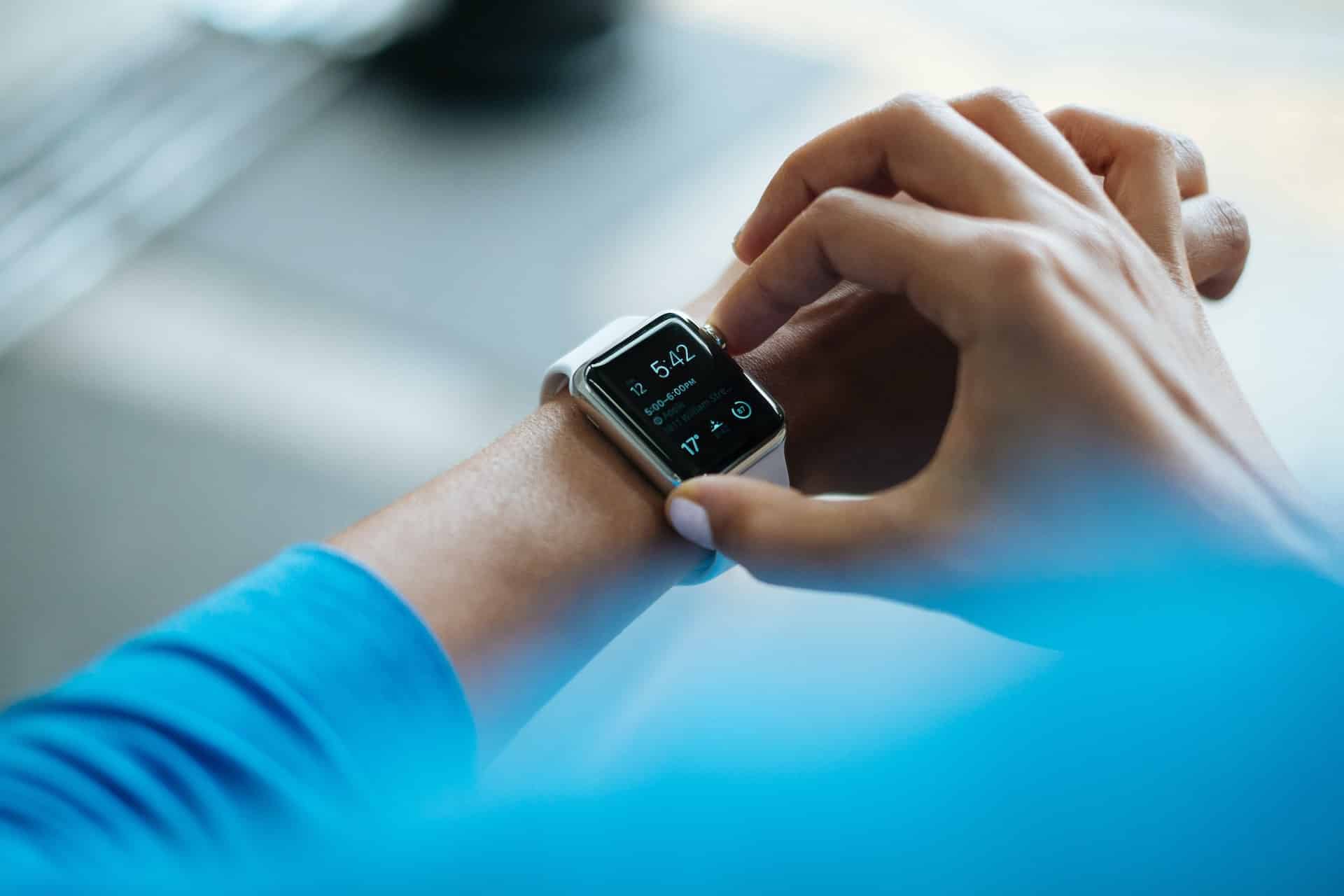








Health Anxiety Disorder
Anxiety is unpleasant to say the least and there are now many recognised anxiety ‘disorders’. What this means is there are many different things that we can become anxious about, to such a degree that it impacts daily life. But also to such an extent that psychiatry has recognised them as mental health disorders. Mental health disorders involve clusters of symptoms and you don’t need to have all of the symptoms to be affected, just some of them, and usually over a prolonged period of time. This article will focus on hypochondria, otherwise known as illness anxiety disorder, or health anxiety, one of the many anxiety disorders that have been recognised.
It is natural to sometimes worry about our physical health, but when people worry excessively about becoming or being ill, and are caught in a perpetual cycle of anxiety that begins to take over their lives, they are likely experiencing health anxiety. Ironically, for people with health anxiety, the anxiety itself can cause physical symptoms (for example, shallow breathing, increased heart rate, or headaches) which are themselves mistaken for illness.
The 7 Signs That Could Indicate Health Anxiety
You might be suffering with health anxiety disorder if you:
- Worry about your health all the time
- Seek reassurance about not being ill from those around you
- Often assess for signs of illness, focusing on new physical sensations (such as tingling, pain), or visible changes (for example, lumps, or moles)
- Do not trust doctors or medical tests, and want second opinions
- Behave as if you’re ill and are managing an illness (for example you might rest more)
- Obsessively research health information (online or TV)
- Avoid any kind of media about serious illnesses (like medical TV programmes)
How To Help Yourself
- Use distraction – whenever you feel a compulsion to check your body or go online, call a friend, or go for a jog. This is not a long-term solution but can help when managing health anxiety by yourself.
- Use breathing techniques to help you relax, you can find these on apps or YouTube.
- If you have been avoiding things due to your health anxiety (like socialising for example), reintroduce them.
- Use cognitive behavioural therapy (CBT) self-help techniques. You can find CBT resources online which can help you develop more balanced ways of thinking so the anxiety is not simply allowed to take over.
- Track how many times you do things like search online, or ask for reassurance, over a week, and aim to reduce these over the following week, and so on.
- Visit your GP or speak with a mental health professional, especially if health anxiety is interfering with your normal life activities.
If You're Diagnosed With Or Believe You Have Health Anxiety & Self-Help Does Not Work:
You Can Also:
- Be referred for psychological help by your GP
- Self-refer to the IAPT service (expect a waiting list)
- Be prescribed anti-anxiety medication (not a long term solution)
- Seek private therapy
How Private Therapy Can Help With Health Anxiety
- Often for something like health anxiety, CBT is recommended. This is a practical, solution-focussed, evidence based approach.
- By mapping out these areas with you, a therapist can help you to intercept the cycle that currently maintains your anxiety.
- Via the use of CBT techniques that you will be guided through, you can develop new, more balanced, realistic ways of thinking, which will in turn influence how you feel, behave, and think.
- This creates a new, more helpful maintenance cycle, and helps to dismantle health anxiety so that you can start to live a more fulfilling life.
- The techniques you learn can be used anytime you feel the anxiety creep in.
- Sometimes an integrative approach which includes some exploration of the origins and causes of your anxiety can be useful for longer term benefit and change, so seeking the support of an integrative therapist is helpful.
Conclusion
The main thing is that you understand that you are not alone, and that what you’re going through is a legitimate condition, recognised and valid. People with health anxiety often experience frustration and irritation in those around them because close others may not understand, or only understand to a point. This can simply add to the anxiety. Don’t struggle and suffer alone, get the help you need and deserve so that you can live a more fulfilling life, one that is not limited by the consuming condition that is health anxiety.
- Why Is Suicide So Prevalent In KPOP? RIP Moon Bin
- PTSD: Case Study of Thomas Shelby
- Paedophilic Obsessive-Compulsive Disorder (POCD) I
- The Value Of Confronting Self-Doubt As A Psychotherapist
- What Happens When Trauma Is Ignored, Vs When It's Not
- A Warm Welcome From Phinity Therapy
- Rehanna Talks Issues
- Rehanna Discusses Phinity Services
- The HEALTHIER WAY To Grieve
- What Your THERAPIST'S TITLE REALLY MEANS!






